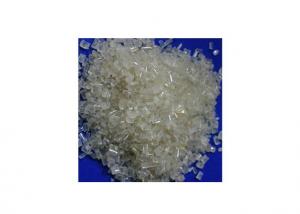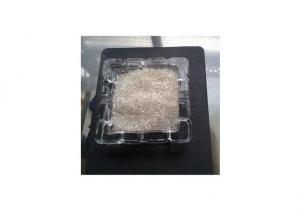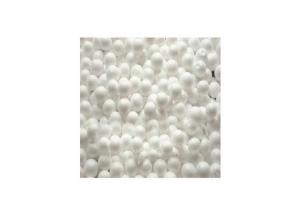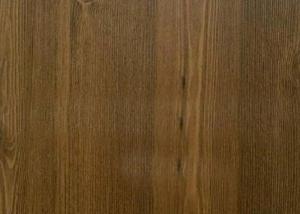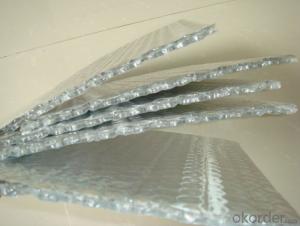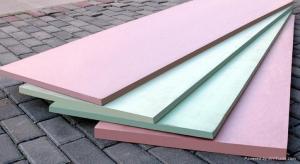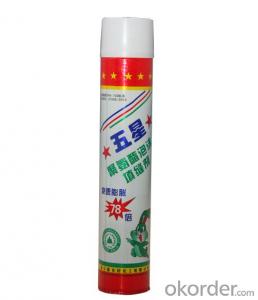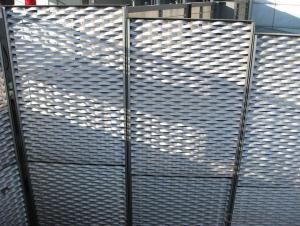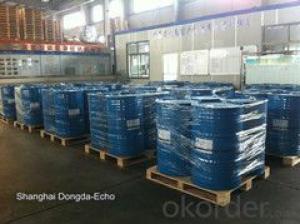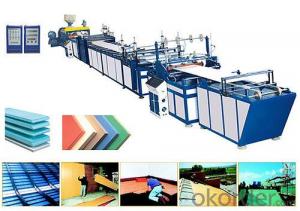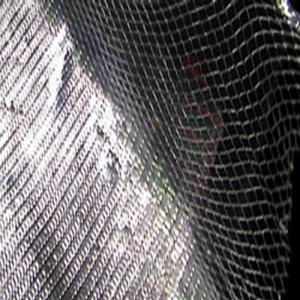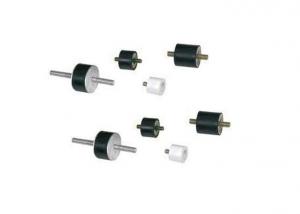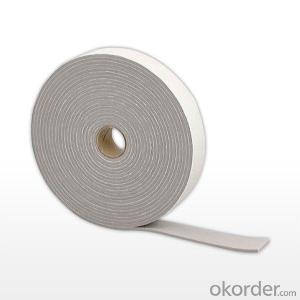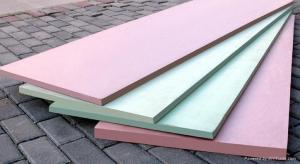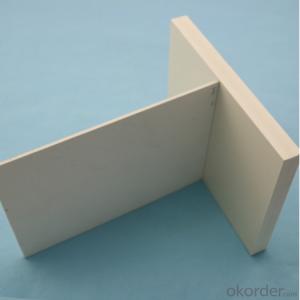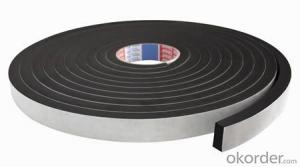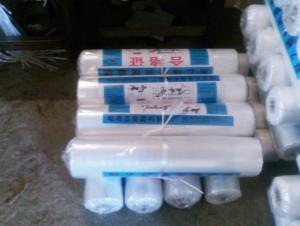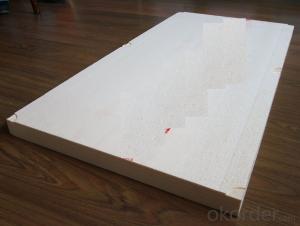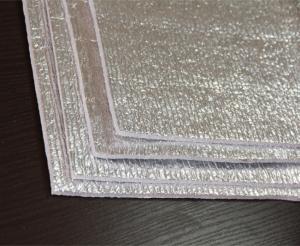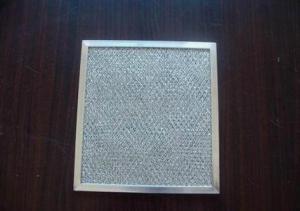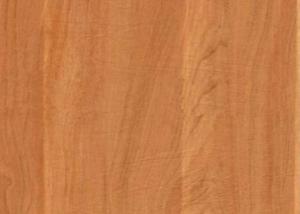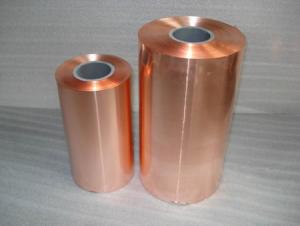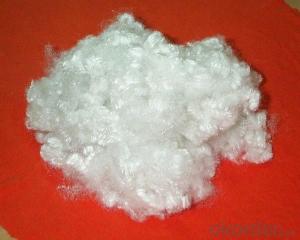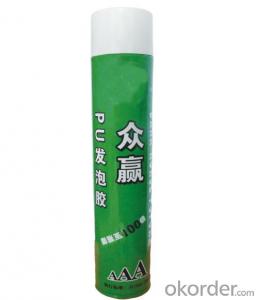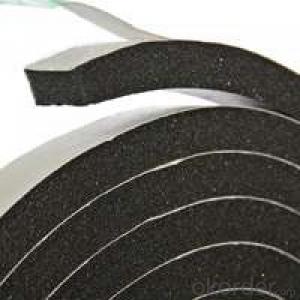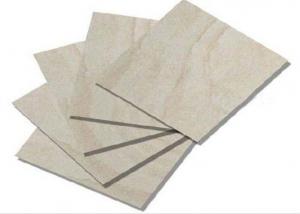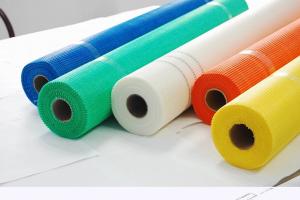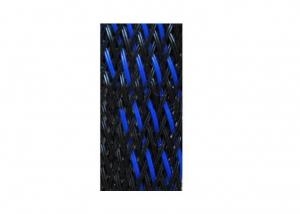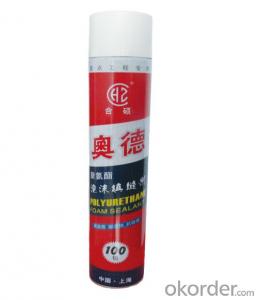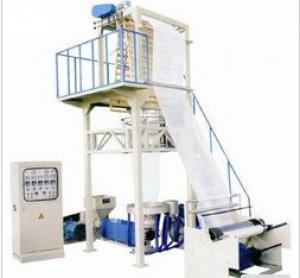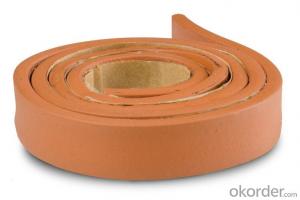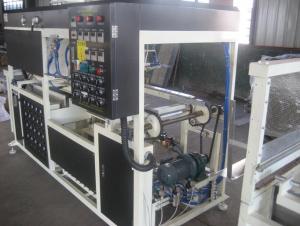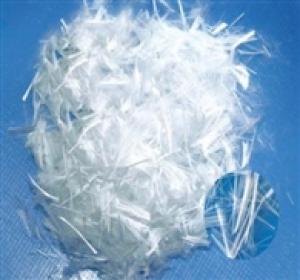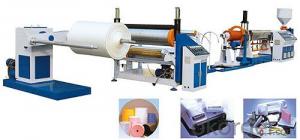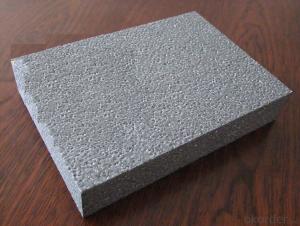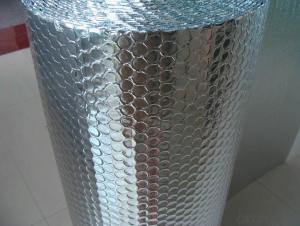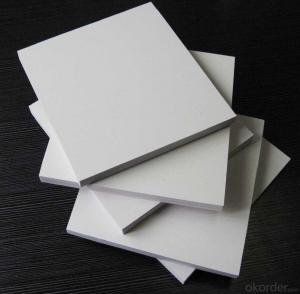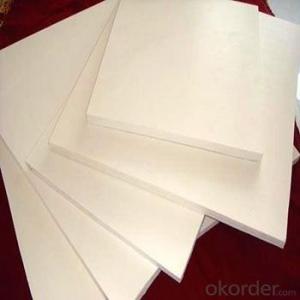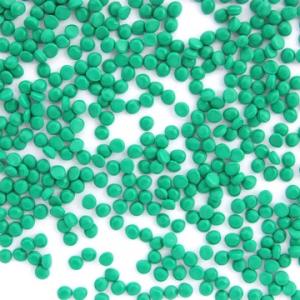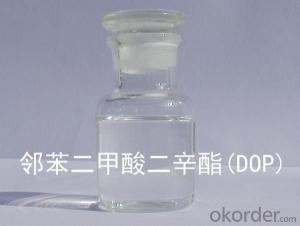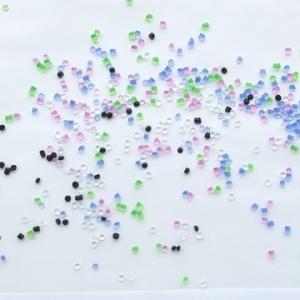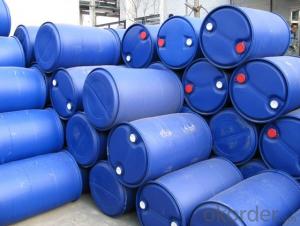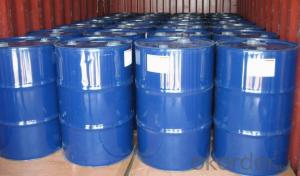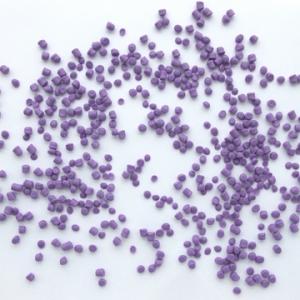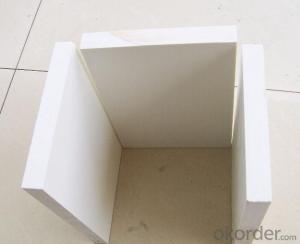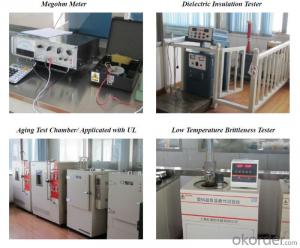Expanded Polystyrene Eps Foam
Expanded Polystyrene Eps Foam Related Searches
Expanding Polystyrene Foam Extruded Polystyrene Foam Foam Eps Eps Foam Blocks Extruded Polystyrene Foam Board Eps Foam Blanks Eps Foam Price P E Foam Expanded Plastic Mesh Expanded Aluminum Foil Mesh Expanded Polystyrene Insulation Sheets Eps Styrofoam Blocks Foam Polystyrene Non Expanded Polystyrene Epoxy Resin On Polyurethane Foam Aluminum Foil Epe Foam Poly Styrene Foam Sheets Extruded Polystyrene Xps Eps Foam Surfboard Blanks Extruded Polystyrene Thermal Conductivity Emp Aluminum Foil Extra Thick Aluminum Foil Reinforced Foil Tape Eifs Foam Exterior Rigid Foam Insulation Exterior Polystyrene Insulation Double Sided Foam Tape Pu Foam Tape Rigid Polyurethane Foam Board Double Coated Foam TapeExpanded Polystyrene Eps Foam Supplier & Manufacturer from China
Expanded Polystyrene (EPS) Foam is a lightweight, versatile material known for its excellent insulation properties and durability. This closed-cell foam is widely used in various industries, including construction, packaging, and art and craft projects. Its unique characteristics make it an ideal choice for a range of applications, from thermal insulation in buildings to protective packaging for fragile items. EPS Foam's ability to maintain its shape and resist water absorption further enhances its utility in diverse settings.Expanded Polystyrene EPS Foam is commonly employed in construction for insulation purposes, where it helps to reduce heat transfer and maintain comfortable indoor temperatures. It is also used in packaging to cushion and protect items during transportation, ensuring their safe arrival. Additionally, EPS Foam is popular among artists and hobbyists for its ease of sculpting and painting, making it a go-to material for creating intricate sculptures and models.
Okorder.com is a leading wholesale supplier of Expanded Polystyrene EPS Foam, boasting a vast inventory to cater to the needs of various industries. With a commitment to quality and customer satisfaction, Okorder.com ensures that their EPS Foam products meet the highest standards, making them a reliable choice for businesses and individuals alike.
Hot Products
